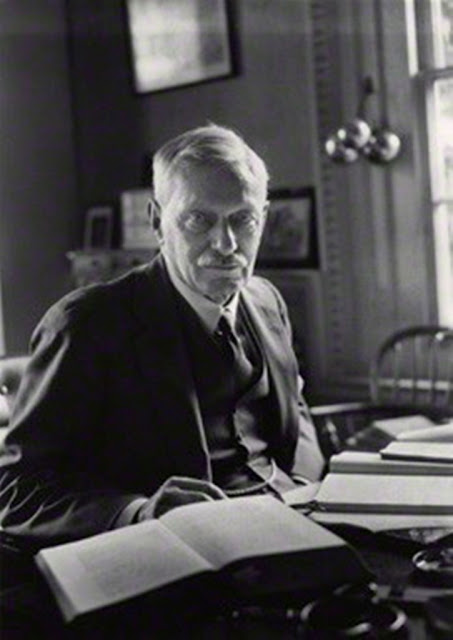MR. JOHN VANSITTART SMITH, F.R.S., of 147A Gower Street, was a man whose energy of purpose and clearness of thought might have placed him in the very first rank of scientific observers. He was the victim, however, of a universal ambition which prompted him to aim at distinction in many subjects rather than pre-eminence in one. In his early days he had shown aptitude for zoology and for botany which caused his friends to look upon him as a second Darwin, but when a professorship was almost within his reach he had suddenly discontinued his studies and turned his whole attention to chemistry. Here his researches upon the spectra of the metals had won him his fellowship in the Royal Society; but again he played the coquette with his subject, and after a year's absence from the laboratory he joined the Oriental Society, and delivered a paper on the Hieroglyphic and Demotic inscriptions of El Kab, thus giving a crowning example both of the versatility and of the inconstancy of his talents.
The most fickle of wooers, however, is apt to be caught at last, and so it was with John Vansittart Smith. The more he burrowed his way into Egyptology the more impressed he became by the vast field which it opened to the inquirer, and by the extreme importance of a subject which promised to throw a light upon the first germs of human civilisation and the origin of the greater part of our arts and sciences. So struck was Mr. Smith that he straightway married an Egyptological young lady who had written upon the sixth dynasty, and having thus secured a sound base of operations he set himself to collect materials for a work which should unite the research of Lepsius and the ingenuity of Champollion. The preparation of his magnum opus entailed many hurried visits to the magnificent Egyptian collections of the Louvre, upon the last of which, no longer ago than the middle of last October, he became involved in a most strange and noteworthy adventure.
The trains had been slow and the Channel had been rough, so that the student arrived in Paris in a somewhat befogged and feverish condition. On reaching the Hotel de France, in the Rue Laffitte, he had thrown himself upon a sofa for a couple of hours, but finding that he was unable to sleep, he determined, in spite of his fatigue, to make his way to the Louvre, settle the point which he had come to decide, and take the evening train back to Dieppe. Having come to his conclusion, he donned his greatcoat, for it was a raw rainy day, and made his way across the Boulevard des Italiens and down the Avenue de l'Opera. Once in the Louvre he was on familiar ground, and he speedily made his way to the collection of papyri which it was his intention to consult.
The warmest admirers of John Vansittart Smith could hardly claim for him that he was a handsome man. His high-beaked nose and prominent chin had something of the same acute and incisive character which distinguished his intellect. He held his head in a birdlike fashion, and birdlike, too, was the pecking motion with which, in conversation, he threw out his objections and retorts. As he stood, with the high collar of his greatcoat raised to his ears, he might have seen from the reflection in the glass-case before him that his appearance was a singular one. Yet it came upon him as a sudden jar when an English voice behind him exclaimed in very audible tones, "What a queer-looking mortal!"














